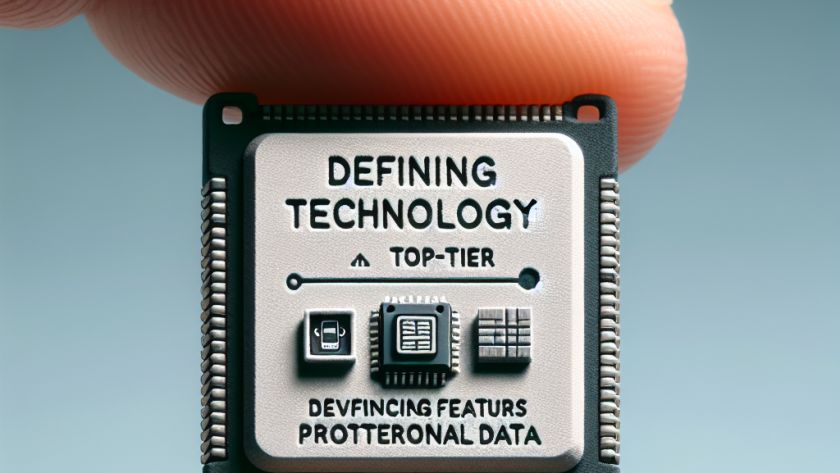Researchers from MIT and the MIT-IBM Watson AI Lab have developed a machine-learning accelerator that strengthens the security of health-monitoring apps and other AI-powered devices. These apps and devices, which can help manage chronic diseases or track fitness progress, run on complex machine-learning models. This requires substantial data transfer between a central memory server and…



